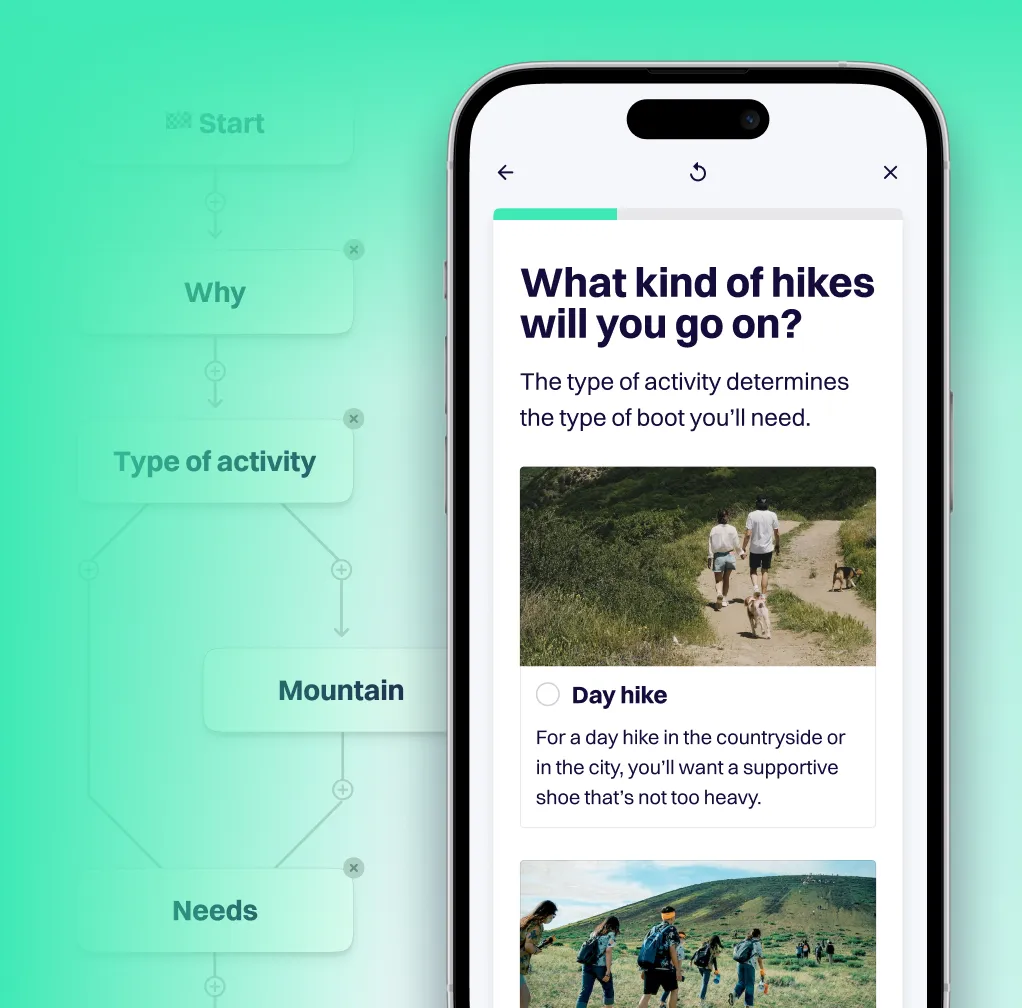💸 The number 1 challenge of online stores (and it's not revenue)
The biggest challenge for web shops is scalable growth. How do you double the turnover without doubling the staff, advertising budget, and all other costs (or worse!)?

For most online stores, the challenge of the past two years hasn't been growth. Almost everyone has grown. And quite a bit, too. In 2021, online turnover was up 23.6 percent over 2020. That's in addition to a 43% growth in 2019/20. In some sectors, the numbers are even more impressive: just take a look at the +118% increase in sales for Home & Living, or +86% increase for consumer electronics.
So, these are great e-commerce growth rates — but such developments also pose a major new challenge.
Online growing pains?
More turnover means more customers and more boxes moving back and forth. It also means more traffic in the store, more questions and more complaints. For example, 42% of online buyers had something to complain about in 2021. That's about 25% more than in 2020.
And that is just the direct impact on your own business. But of course, there is more. Because with the explosive growth of e-commerce, competition also increased further. So is since January 2020, the number of Dutch online stores with more than 63% (!) rose to nearly 80,000. So are the margins yet smaller. The expectations yet higher. The challenge yet larger.

And we're not just competing on price. We also compete, or even proper, on people and on knowledge. Because someone has to write the content, someone has to manage the ads, someone has to ship the products, and someone has to staff customer service. This translates to a tense labor market - there are 126 vacancies for every 100 unemployed - making staff difficult to find and wages rising. This, in turn, is at the expense of margins. And sometimes even sometimes from an IPO — just ask Cool blue.
From growth to scalable growth
So there is work to be done. Because the biggest challenge for web shops is not growing, but scalable growth. How do you ensure that your turnover can go x2 without the staff, advertising budget, and all other costs also x2 (or x3!) have to?
Much of the stress that comes down to an online store comes from urgent questions that aren't really important. For example, a customer question about the status of his order, or about which hiking boots suit him best. The customer must be here now have an answer to it, but it's not really important for the webshop.
Don't get me wrong: the customer is of course the most important thing. But because the number of urgent questions is piling up, more and more web shops are getting caught up in the day-to-day and Major Issues remain (such as: how can we make customers more self-reliant?). And that ultimately bothers the customer.
For example, “growing” throws sand into the engine of “scalable growth”.

Get rid of unnecessary pressure
The way to deal with non-important, but urgent, matters is to delegate. In other words, outsource. Because outsourcing gives you peace of mind. But it is also difficult, because after all, staff is expensive and difficult to find. What's more: training people and providing them with the right knowledge takes time.
Fortunately, there is a way to outsource urgent things that are less dependent on people: technology. Fun fact: 75% of customers prefer to solve their problems themselves and isn't waiting to call customer service at all. For process-based questions, many online stores therefore already offer an FAQ page or chatbot that can tell the customer what the return policy is, for example. But this only covers part of the urgent questions that customers have.
Three of the six most common complaints are about not finding the right products quickly enough, products that are unavailable, and responding slowly from customer service.
Many customer requests for help stem from the fact that they lack certain expert knowledge. You are going on a hiking holiday in the Alps for the first time, but you are unsure which hiking boots suit you best. With these kinds of questions, it is very logical that people still call customer service. Because where process questions are easy to answer with content pages and chatbots, until recently there was very little technology to which you could outsource these kinds of content questions.
But fortunately, technology does not stand still. What chatbots do for process questions guided selling for substantive questions. It offers web shops the opportunity to make customers self-reliant. That's great for those web shops, because their scarce staff can often focus on what's really important. And it's great for customers who actually prefer self-service.
Guided selling is not a magic solution that removes all the growth spells of web shops. But it is now clear that it makes growth more scalable: web shops that focus on guided selling sell more, but are less time spent on customer service, marketing and sales.
Learn more about how other brands and web shops guided selling use?
Stop losing customers to choice paralysis
Provide the right advice - self-serve at scale to massively grow your conversion rates.

